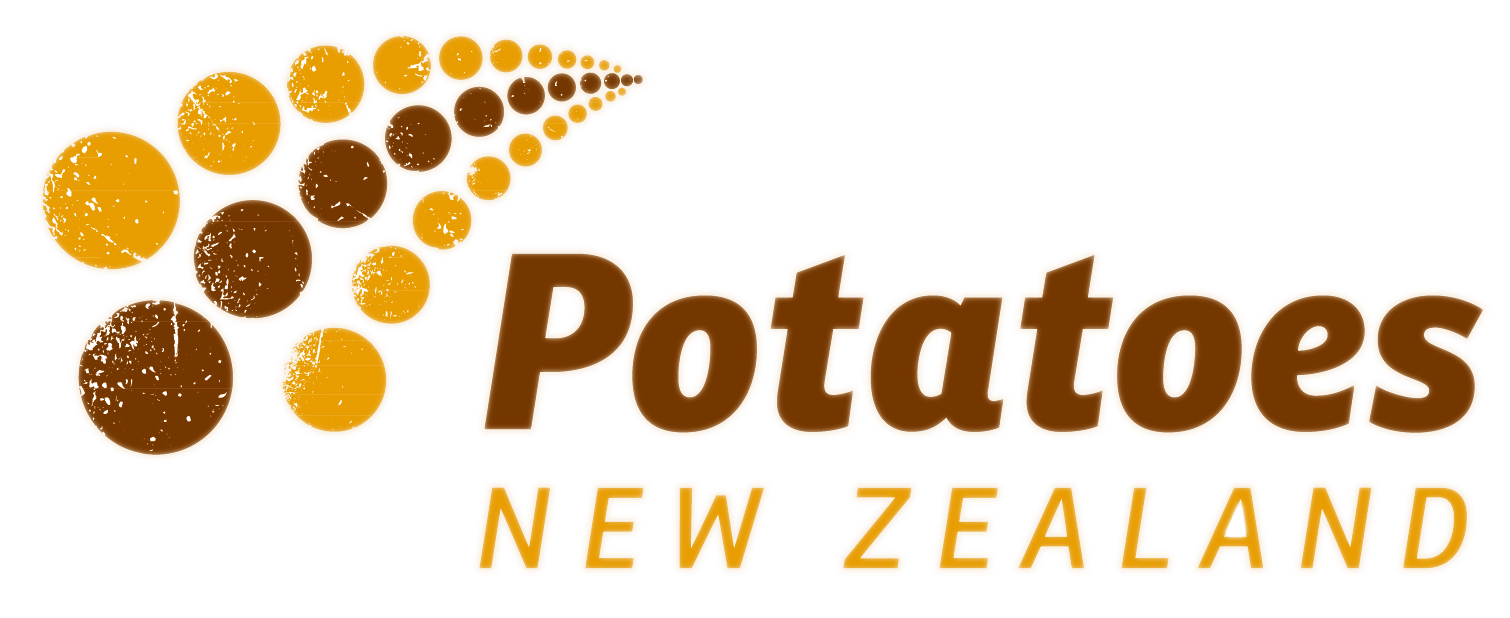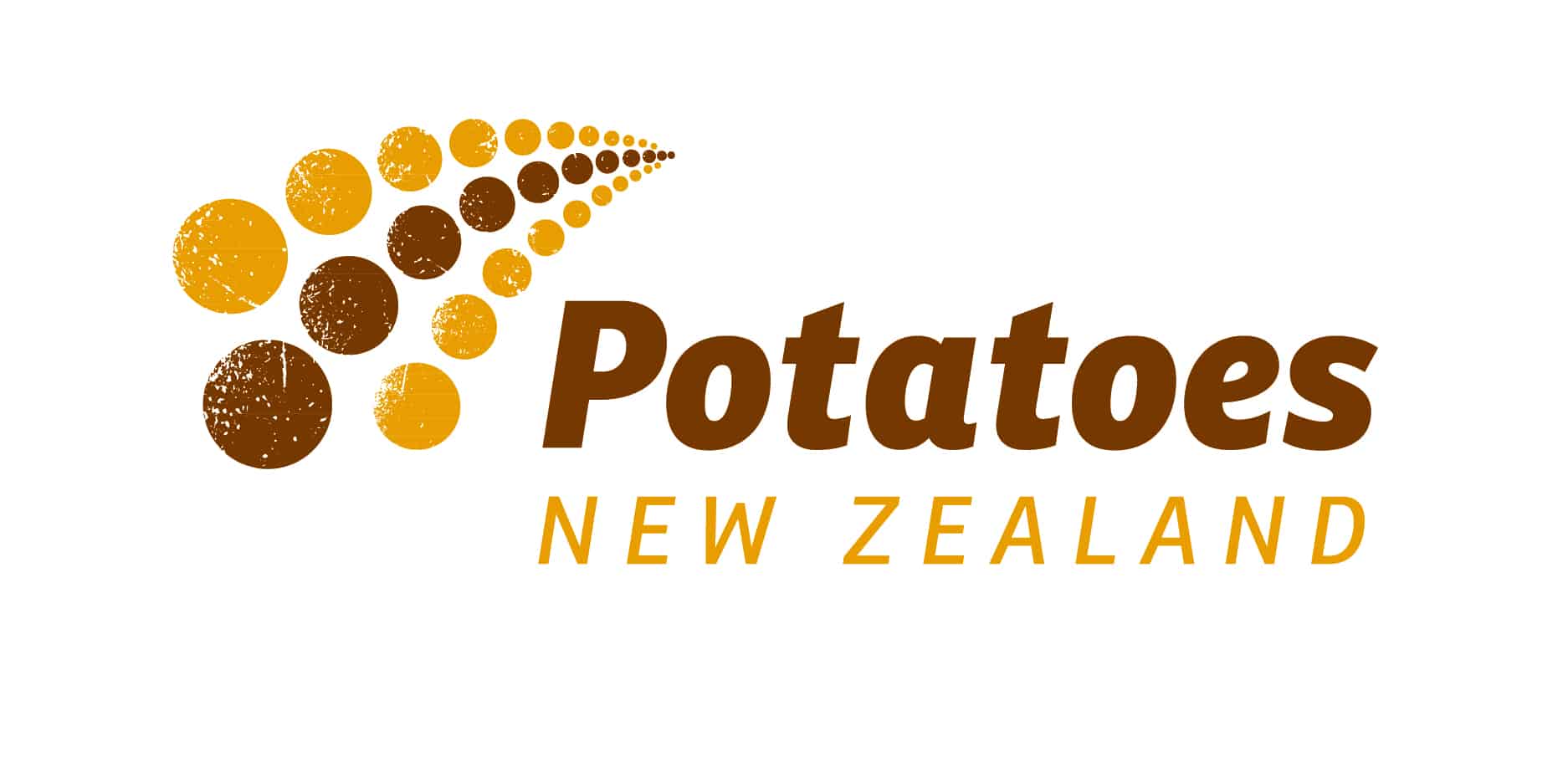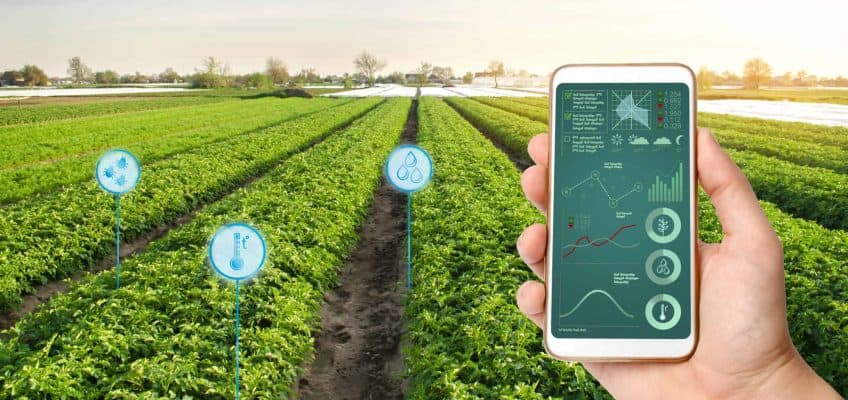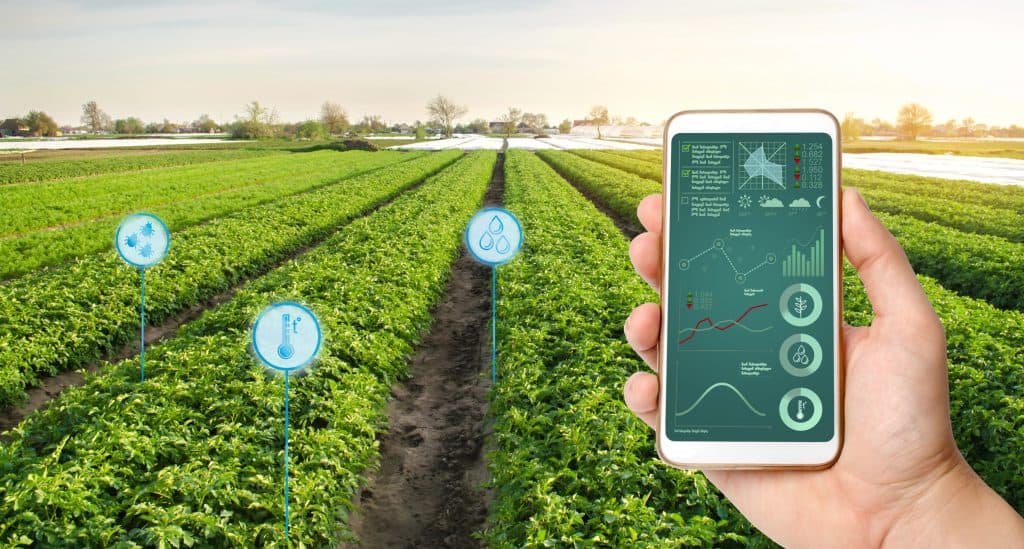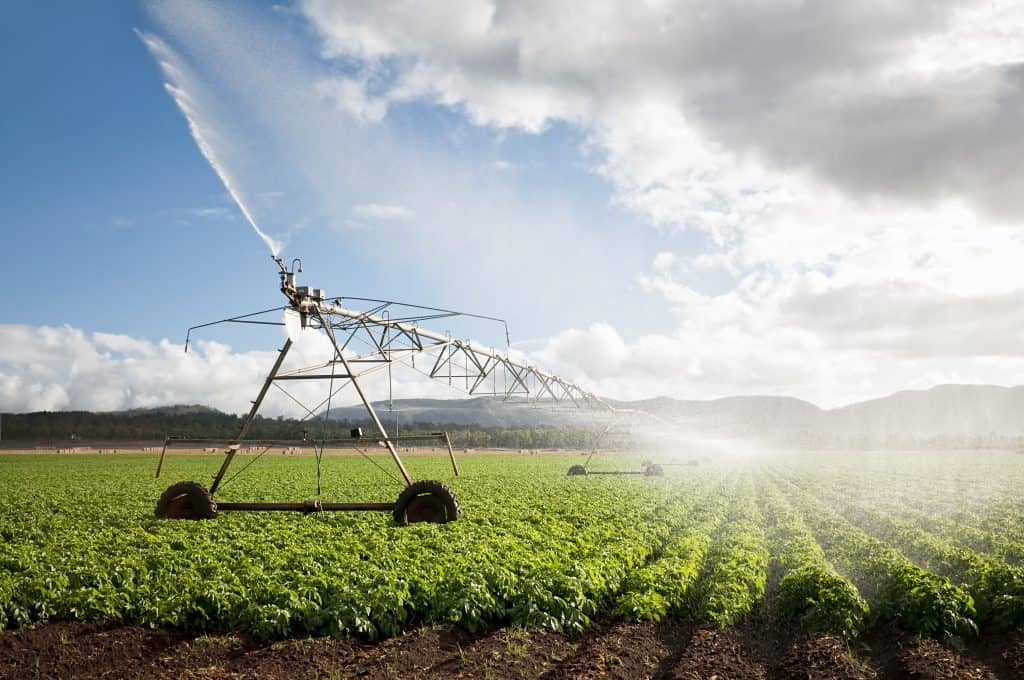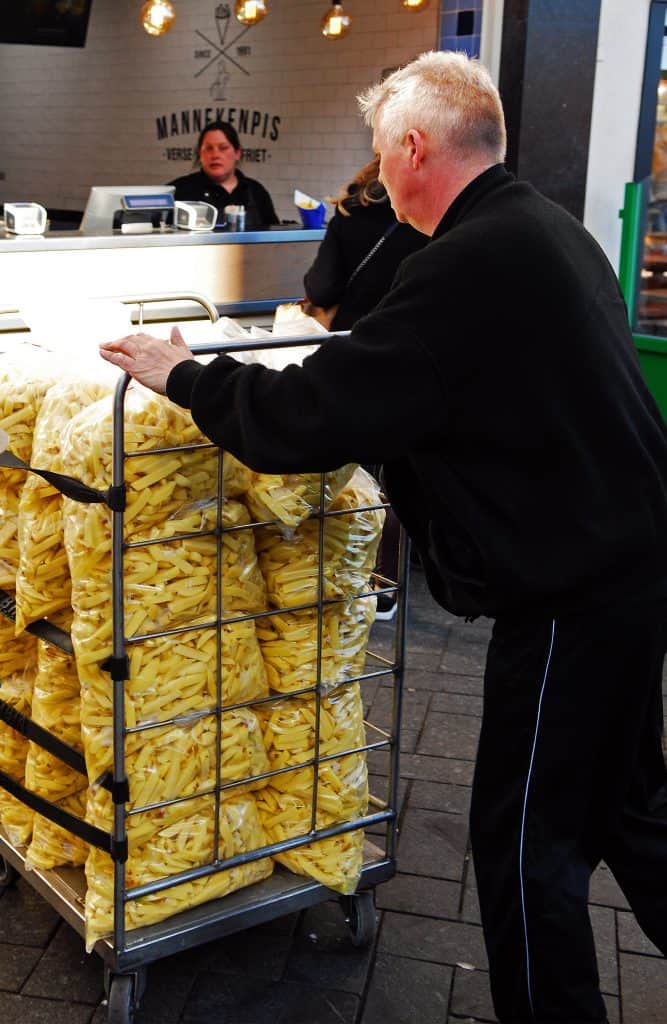By Gemma Carroll
New Zealand Potato Growers have been presented with the challenge of meeting new standards for nitrate management, to control emissions affecting water quality. This has come about as a result of the government’s consultation on the National Policy Statement for Freshwater.
This will without a doubt be the first of many recommendations to come, not just from regulatory bodies but from big business too.
On the global scale, Pepsico/Bluebird Foods have listed on the share market as a ‘sustainable’ company and will be developing agricultural initiatives to meet expectations, which we heard a little about at our Agronomists’ Forum this year and on the 23rd September, at the United Nations Climate Action Summit, a newly formed coalition of 19 agriculture-centric companies announced their goals to become carbon neutral. Together with the World Business Council for Sustainable Development (WBCSD), One Planet for Biodiversity (OP2B) https://op2b.org/ aim to protect and restore biodiversity within their supply chains and product portfolios.
One member of the coalition, familiar to NZ growers, (McCain) stated that they are “determined to take bold action to protect and restore cultivated and natural biodiversity within their value chains.” They will be spending an undisclosed amount of money on “dedicated commercial farms” that will attempt an agricultural moonshot: growing potatoes at industrial scale without degrading the environment.
“It seems the pace of climate change is accelerating, and not just what you read in the news, but what the people we work with are facing and what our business has to deal with,” chief executive Max Koeune, told Kevin Carmichael of the Financial Post, in a telephone interview.
Koeune, Chief Executive of McCain, said the company decided to take climate change seriously because “every year” the weather is destroying a potato crop somewhere in its empire. McCain contracts directly with farmers abroad and here in New Zealand and have noted that yields have stagnated. “The reason for that, in many cases, is the soil health is getting depleted,” he said. “That’s the result of agricultural practices that have been implemented for years or decades.”
Increasing potato yields could be McCain’s biggest contribution to slowing climate change. Improving the soil requires rotating potatoes with grassy crops that also pull carbon out of the atmosphere. In theory, it would help Koeune with his “aspiration” of becoming carbon neutral.
“It’s an ambitious goal,” Koeune said. “It’s a credible goal, but before we go all the way to carbon neutral, we still have some work to do.”
The repercussions of the audacious goals from McCain and Pepsico/Bluebird Foods Ltd are yet to be felt in New Zealand, but without a doubt the Central and Local Government moves here, are merely a step towards what global trends will direct agriculture towards.
It is clear that change is inevitable, but at a paddock level what does that mean for NZ growers?
PNZ have been quietly putting the work into developing the desired outcomes from our Emissions Project, one of those being effective tools to measure, manage and reduce emissions; not just nitrates, but carbon, green-house gas and we may need to consider as we move forward, the ability to measure carbon sequestering as well. Biodiversity on farms could play a significant role in the future.
Read the plan here https://potatoesnz.co.nz/news-info/articles/emissions-targets-heres-the-plan/
NZ Regional Councils will require Farm Environment Plans (FEPs) from Vegetable Growers as proof of good management in the interim (until 2022) but industry will need to provide accurate data for what goes on to crops, what leaches out and how we will mitigate nutrients leached before they reach a waterway. Overseer has inherent problems in its predictive abilities and focus on the root zone. Our Emissions Project will address those concerns providing solutions and alternative methods for calculating emissions.
We are currently collecting FEP advice for growers and will publish on our website soon
The cost of all these changes to farmers has yet to be adequately addressed by government, but if the direction comes from big companies such as McCain and Pepsico, then perhaps their funding will go some way to assisting. Processors are stakeholders in horticulture and the old adage “we’re all in this together” and “many hands make light work” could be the foundation of sustainable change for industry. In the case of Aotearoa/New Zealand, look to the Māori whakatauki He waka eke noa.
The drive for change has come from all directions; the United Nations, big business, consumers, government and from the now undeniable evidence all around us; the extremes of climate and the degradation of fresh water. Agriculture is not the only contributor to the problems, but by working together, we can and will provide solutions.
